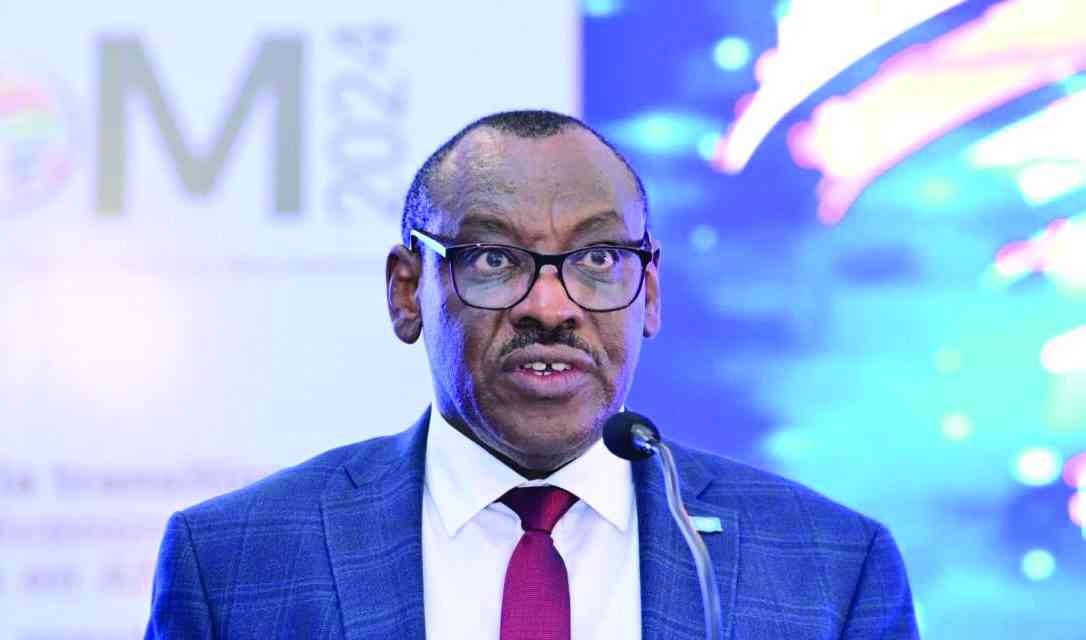
UNITED Nations Economic Commission for Africa (Uneca) executive secretary Claver Gatete , says Zimbabwe must mobilise domestic resources to address setbacks triggered by low investment levels.
This comes as the country is hamstrung by a high risk profile, which has discouraged some investors. The Uneca boss said mobilising domestic resources will involve strengthening the tax collection system.
Gatete’s comments were made in the context of Zimbabwe’s highly informal and untaxed economy.
He was speaking at the 56th session of the United Nations Economic Commission for Africa Conference of African Ministers of Finance, Planning, and Economic Development, which was held in Victoria Falls.
“For us, we are not saying that all the money should come from outside,” he said.
“We are saying the most sustainable way is domestic resource mobilisation. How, for example, do we have informal taxation?” Gatete asked.
“How do we make sure that the whole system is digitised so that we make sure everyone abides by that? How do we give capacity to the taxation side? How do we bring the informal sector to the formal sector in terms of making sure our taxes are correct?”
Estimates show that 70% of the economy is now informal. He said it was imperative for government to create investment opportunities for the private sector.
- Rwanda announces visa-free travel for all Africans as continent opens up to free movement of people
- PPPs needed to bridge Africa’s infrastructural development gap
- Zim, ECA sign CoM 2024 host country agreement
- ‘A unified voice of the G77 plus China key as world faces multiple crises’
Keep Reading
“They need long term resources, and they get them from the capital markets investments so once you have a capital market that works properly, that’s where the private sector gets its own resources rather than relying on the banking system,” Gatete said.
“In most cases, our commercial banks are dependent on deposits, on the money that you put in the bank or others put in the bank. But that money is short term in nature. It’s not long term and that’s why it’s not sustainable but also, it’s expensive.”
However, the capital markets remain volatile owing to the depreciating local unit. For example, after the local currency lost over 700% of its value last year, the main bourse lost about US$700 million in real terms but has gained over US$1,32 billion since the beginning of 2024.
Experts say Zimbabwe requires high levels of investment due to the huge debt overhang.







